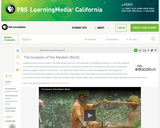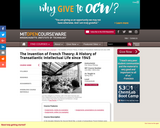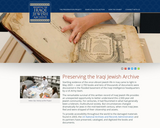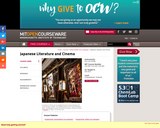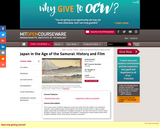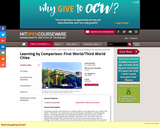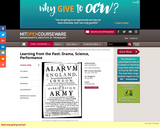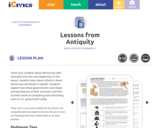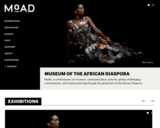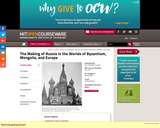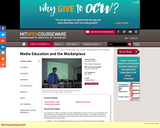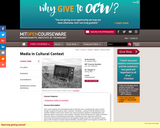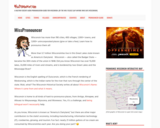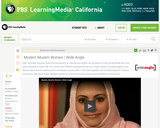This site has information and an interactive map on audio pronunciation for Wisconsin place names.
Wisconsin has more than 190 cities, 400 villages, 1,000+ towns, and 1,000+ unincorporated places (give or take a few). Learn how to pronounce them all!
More than 5.7 million Wisconsinites live in this Great Lakes state known as America’s Dairyland. Wisconsin — also called the Badger State — became the 30th state of the union in 1848. Did you know Wisconsin has over 15,000 lakes, 33,000 miles of rivers and streams, and is bordered by two Great Lakes and the Mississippi River?
Wisconsin is the English spelling of Ouisconsin, which is the French rendering of Meskonsing, which is the Indian name for the river that runs through the center of the state. Wait, what? The Wisconsin Historical Society writes all about Wisconsin’s Name: Where it came from and what it means.
Wisconsin is home to all kinds of hard-to-pronounce places, from Antigo, Ahnapee, and Allouez to Weyauwega, Wyocena, and Wonewoc. Yes, it’s a challenge, and being bilingual won’t necessarily help.
Note: The use of this site does not meet any Social Studies standards, but with teacher creativity and attention, it could be used to help meet classroom and curricular objectives.
